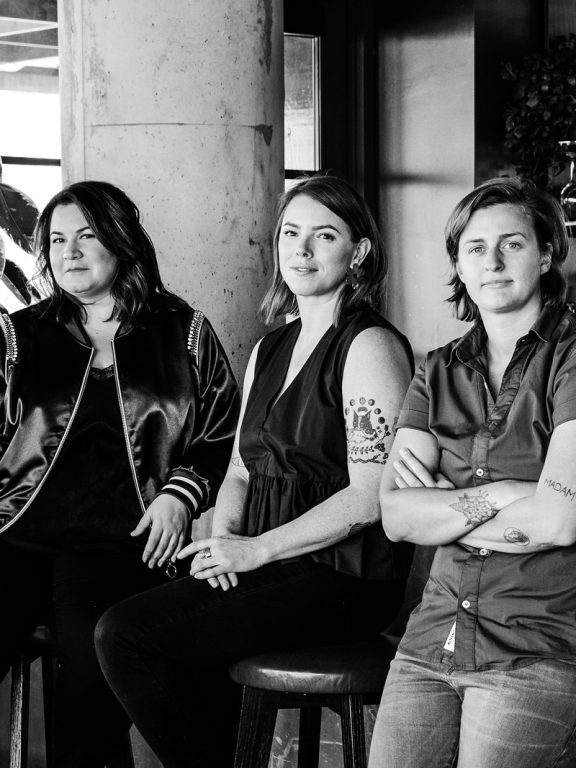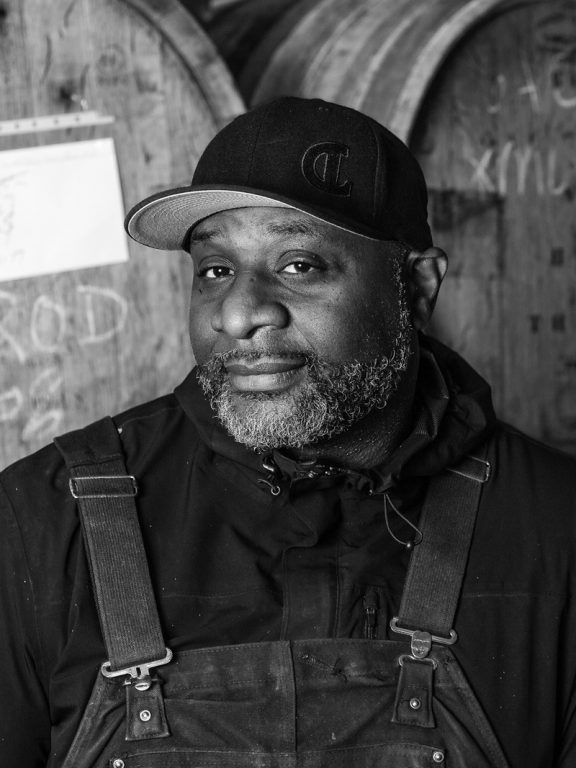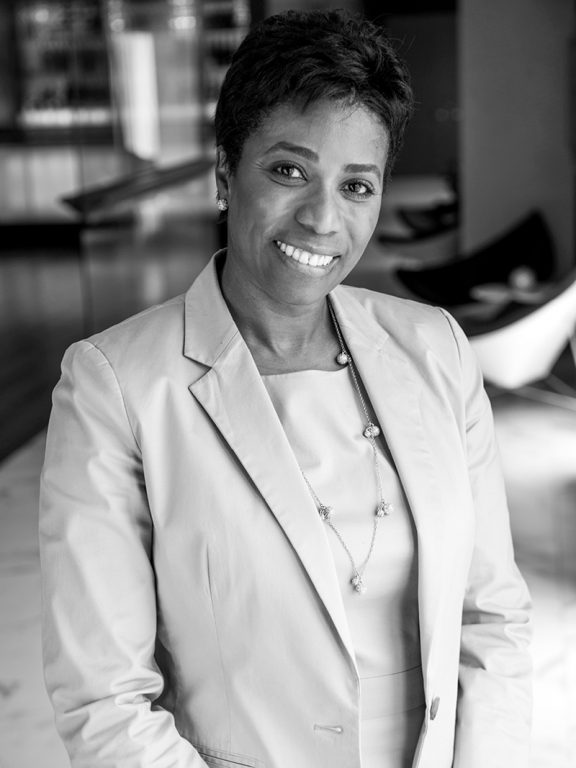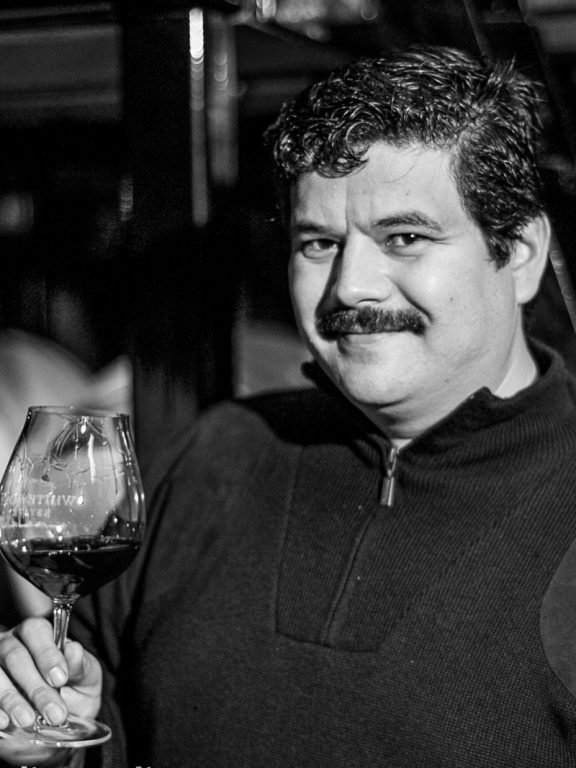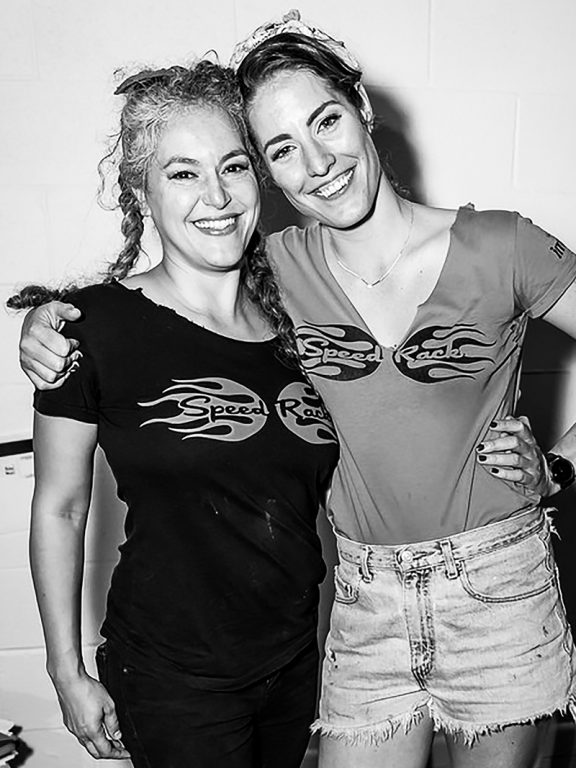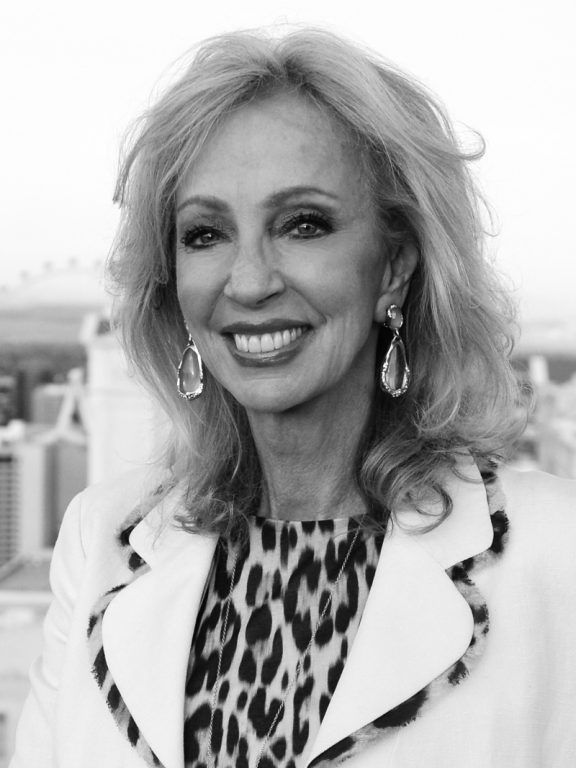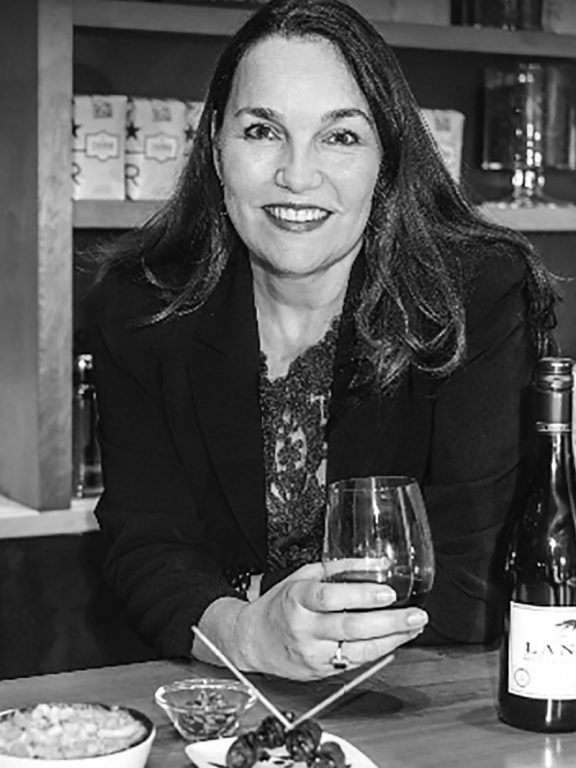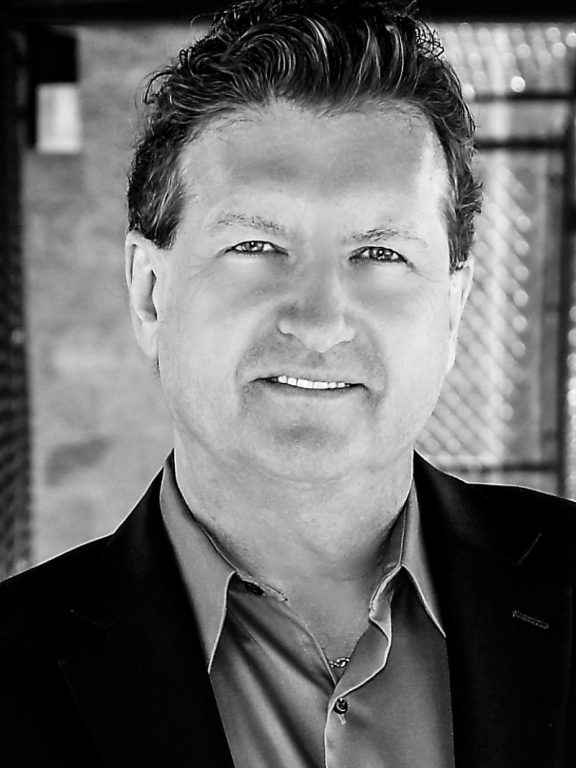Time’s up, right? American culture has come around to the realization that, hey, maybe women should be treated equally and not subjected to sexual harassment. In the hospitality industry, it’s no secret that women have endured sexism and unwanted sexual advances. But we’re waking up too.
Speed Rack, the women’s bartending competition we founded in 2011, was conceived right after the first Manhattan Cocktail Classic. Lynnette and Don Lee, both established bartenders, had asked me to work that event, so there I was in the kitchen of Astor Center, churning out cocktails and tastings for the seminars with about 25 other women—all part of the female cocktail collective LUPEC. I was just starting to wedge my way into the mixology world, having tended bar in beer-and-shot bars for nearly four years.
At one point during the event, I went outside to grab a coffee and some sunlight. I was stopped and asked to be in a video. “Please come shoot this little video for us,” a videographer asked. I was thrilled, but also confused because no one knew me from Adam (or Jane, I guess). Then came “We just don’t have any women!” And I thought to myself, How incredibly weird! There are dozens of us in that kitchen. Then I had an aha! moment as I put two and two together. All the male bartenders were upstairs onstage and giving seminars. They had public followings while we toiled downstairs, out of sight.

Don’t miss the latest drinks industry news and insights. Sign up for our award-winning newsletters and get insider intel, resources, and trends delivered to your inbox every week.
I decided that I needed to do something about that and began to form the idea for Speed Rack, a cocktail competition for women by women, to raise money for breast cancer research and prevention. I also realized that Lynnette was the partner I needed to make it happen. As president of the New York chapter of LUPEC, of which I was a member, Lynette had run events where we would bartend and raise money for women’s charities. We quickly turned my initial idea into a full-blown road map with rules and regulations.
The first event was a pilot. Let’s just see how this works, we thought. We begged female bartenders we knew to compete and ended up with a group of women who have gone on to become established leaders in the beverage community, including Eryn Reece, Franky Marshal, Yana Volfson, Natasha David, and Yael Vengroff (here’s the video). We also had outstanding judges, including Julie Reiner, Dale DeGroff, Audrey Saunders, and Jordana Rothman. Halfway through the event, the DJ was playing and people were screaming, and Lynnette pulled me aside and said, “I think we’re really onto something!” And yeah, I think we were.
That was seven years ago. We have gone on to host the competition in dozens of cities across the U.S. and throughout the world. More than 1,000 women have competed, and we’ve raised more than $700,000. It was incredibly gratifying to watch the success of the platform we built for women bartenders to stand on and be seen! The event helped the bartending community and the public realize that bartenders are not just dudes with suspenders, mustaches, and arm garters. A bartender can be this girl too.
Now we see a lot more women bartenders around, and thank god! But with that, the mission of Speed Rack has expanded somewhat. We’re now using our platform to focus more on the issues facing women bartenders, to give back to the women who have given us so much. We worked with two of our Speed Rack sponsors, Sharon Bronstein of Fords Gin, and Misty Kalkofen of Del Maguey Mezcal, to develop the Sisterhood Project. In all the cities we tour in the U.S., we program speakers to talk about financial planning, wellness, sexual harassment, and diversity in the hospitality industry.
This web of women that Speed Rack has created is strong. In our political climate, where sexual harassment by restaurateurs is reported daily and the country’s own president brags about grabbing pussies, it’s a good time for us to have such a strong net. With the growing momentum of #MeToo and Time’s Up, we’ve fielded many requests for sessions on how to deal with sexual trauma and prevent sexual harassment. Luckily, we can use Speed Rack as a new kind of platform to lead a conversation.
But we’re still facing a major problem: There’s no code of conduct for discussing or dealing with sexual harassment in the hospitality workplace. Everyone in the business should be using the same language and code to communicate threats, danger, and fear. We should also hold one another to the same zero-tolerance policies for offending employees and customers.
Speed Rack and efforts like the Sisterhood Project can help. But we need the best and brightest in our industry to step up, come together, and create a universal language and standards to address the problem. Women are now being seen. We’re in bars, and representing brands, but are we safe? That’s the next step in this movement—working toward a solution. So let’s make it happen. Who’s with us?
As the founders of Speed Rack, Ivy Mix and Lynnette Marrero have shone a spotlight on women mixologists thriving behind bars around the country—and have done so while contributing to the important cause of breast cancer research, education, and prevention. Speed Rack was established in 2011; it’s the only all-female international bartending competition. They also co-founded the Sisterhood Project, a forum for discussing issues that impact the lives of women in the hospitality industry.


